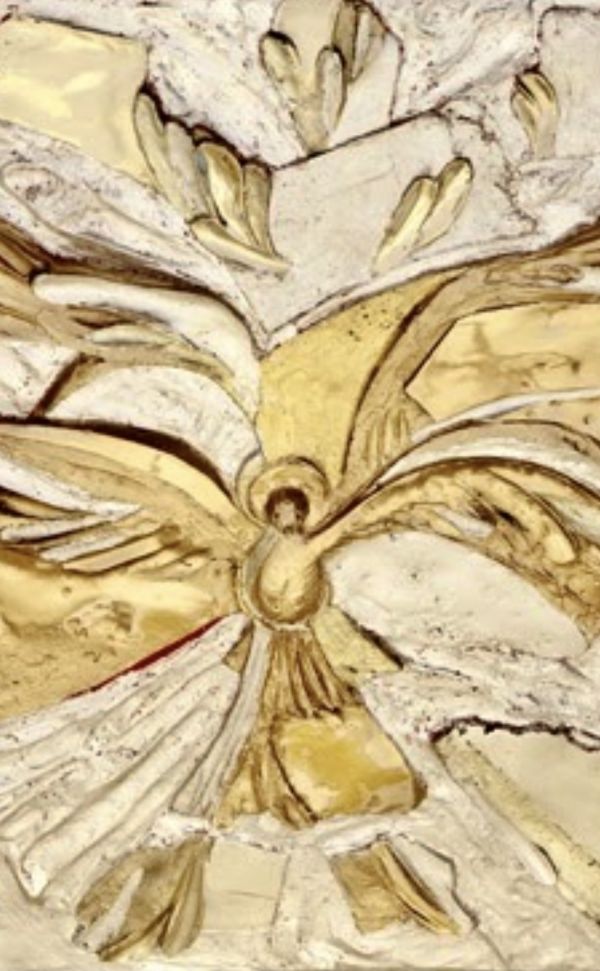Divine in Human: strong, dignified and fraternal gestures, not repertoire
(Mt 13:54-58)
The Divine in the Human makes itself Present in the intense, welcoming relationships that open up inexplicable recoveries; then it leaks out in the strong, dignified and fraternal gestures - not repertoire.
In today's Gospel passage there is a significant difference with some earlier translations (vv.54.58).
The Lord helps us to grow with true «wonders», not with “miracles” [punctual events] but by working within, changing the shrunken heart and improving us with his Love.
The «prophetic» has nothing to do with the sensational.
Only in this way will one not grow weary of the good that is not brilliant; nor will one despise the existence of ordinary people because they lack prestige and titles.
Jesus' powerful works unfold over time - by educating, not impressing and subduing.
His 'signs', those inexplicable recoveries he performs, are the calibre and fruit of a growing Encounter-through-the-Way.
Work of Art (far better than accidental shortcuts) is for the profiteer to become righteous, the doubter to become more confident, the unhappy to resume hope.
It takes time, though astonishment can be immediate.
The Mystery of the power of the new God announced by Christ is hidden in 'Someone inside something'.
It is the web where the Signs of a great Reality nestle, to which despite the difficulties we have access and in which we participate.
Such is also the true craftsmanship of Joseph. The Person and Family of Jesus tell of a Father who does not fear that his holiness is endangered by contact with the world.
The higher Mystery is already in the common man.
So the conflict is not with outsiders, but with the usual stubborn 'neighbours' full of prejudice - habitual and habituated, who already know how it ends... But they inaugurate nothing.
Instead, the Son is no longer a “local child”: a quiet programme of the «village», the product of normal archaic ideas or of already transmitted intentions, which no Encounter will be able to arouse and move.
In his homeland, the Master does not astound as elsewhere: He encounters a diffidence that wears down of days all counted that protrusion of the believing that would fill indigence.
Even Joseph the manufacturer understands what cuts through the impossible Dream of Novelty, in Faith: our boasting is not from social status, nor from established gender.
It grasps its specific weight not in the folklore, but precisely in regenerating - through the incessant reactivation of intrinsic interest.
In this way, Faith is not rhetoric. With Jesus and Mary at his side, Joseph realizes that the state of doubt is more fruitful than conviction.
How does one become, then, a non-people?
Certainties leave no breathing space for the inventiveness of unusual doing, nor for the feeling or growth of strong Life, not disfigured by the repertoire of expected accomplishments.
To internalize and live the message:
How does your ordinary existence redeem the vicissitudes of shaky people?
How do you live the more of the Faith over habits and commonplaces?
[St Joseph the Worker, May 1st]












